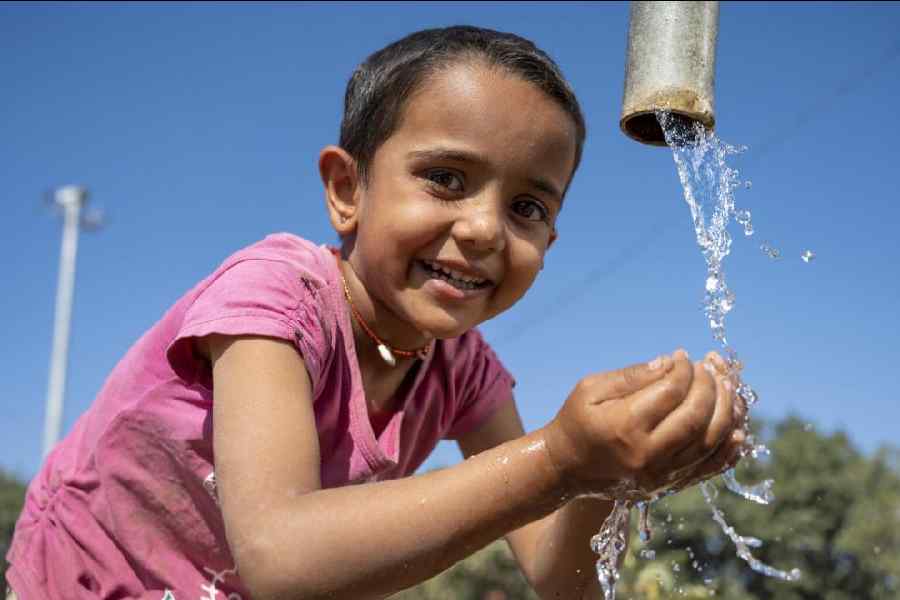Mohammed Aborjela, 27, used to document daily life in the Gaza Strip on his Instagram account before the war, videos about a crab dish prepared along the seaside or pigeon racing in the coastal enclave.
Now, he has turned to documenting daily life under Israeli bombardment. On Sunday, he posted a story about the daily struggle to find drinking water.
He records snippets as he walks, carrying a bright yellow jug to one of the few water stations still functioning in the southern city of Khan Younis. At the station, people — many of them children who struggle to carry the full jugs home — jostle for position in a chaotic line to fill up on well water.
“There’s no more water in the taps, so we have to go get water in this way,” Aborjela, a project coordinator with the development organization Youth Without Borders, told The New York Times. “The conditions for filling up water are not healthy. People are on top of one another and people are getting sick.”
Gaza, blockaded by Israel and Egypt for 16 years, has long had a precarious water supply. Residents relied on groundwater filtered at water stations, desalination plants, a pipeline from Israel and bottled imports.
Now, the taps have run dry, trucks are no longer refilling household water tanks, and the desalination plants have largely ground to a halt for lack of electricity and fuel. Israel imposed a siege on Gaza on October 9 — cutting off water, food, electricity and fuel — in response to the attack on Israel two days earlier by Hamas, the armed Palestinian group that rules the strip.
Survival in Gaza now means not only escaping death from the thousands of Israeli airstrikes that have rained down over the past two weeks, but also finding enough to eat and drink. The UN has called the situation a humanitarian catastrophe and has warned that all of Gaza is in danger of running out of water as a result of the Israeli siege.
New York Times News Service










